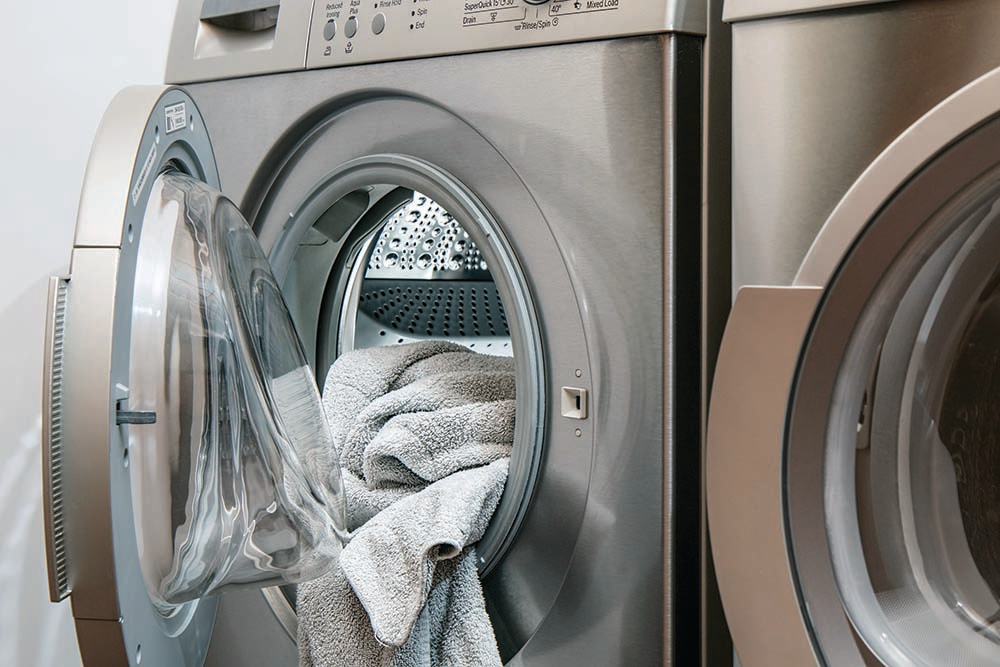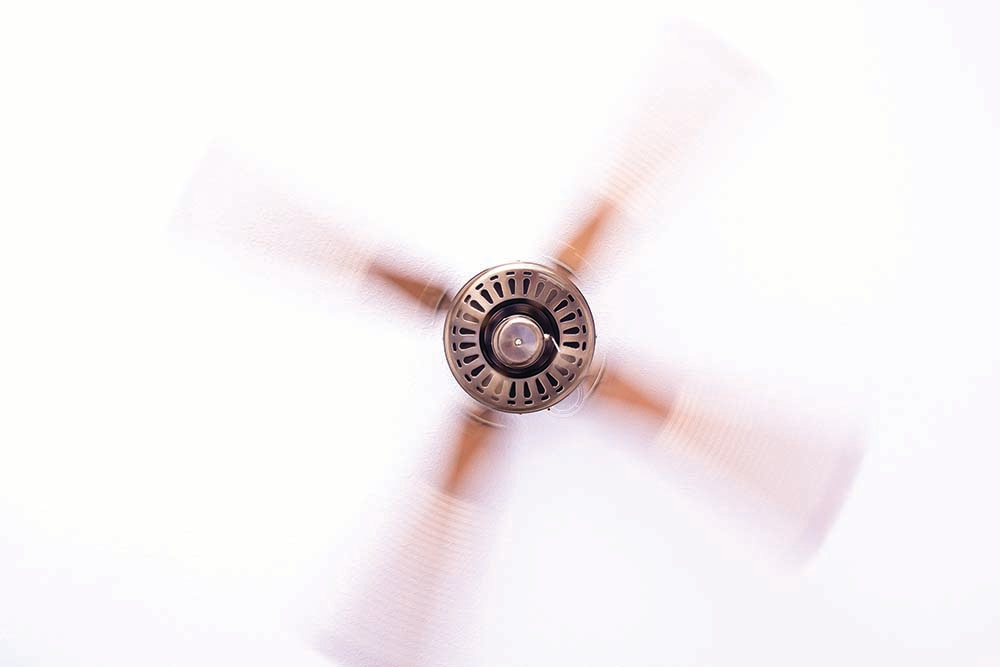
By Derrill Holly
We expect summers to be hot, but most of us do all we can to keep our homes as comfortable as possible, even as outdoor temperatures edge thermometers upward.
When it comes to electricity, each of us has the power to help control our costs – we just have to make thoughtful choices to make energy savings pay off in dollars and cents.
Look toward the west. If you don’t have trees, a porch overhang or awnings shading windows exposed to afternoon sun, there’s a good chance radiant heat could be driving up indoor temperatures and adding to your overall cooling costs.
Window coverings can help. Blinds or shades can deflect intense sunlight, and draperies lined with a thermal radiant barrier can block up to 95 percent of sunlight and 100 percent of ultraviolet rays.
Comfort and cooling are easier to maintain when we take advantage of air flow. A ceiling fan can pull warm air up above your living zone, making a difference during summer months. The evaporative effect of circulating air blowing across our skin makes us more comfortable, but that benefit completely disappears when we leave the room, so turning fans off in unoccupied rooms will save energy.
HVAC filters have a lot to do with airflow through your heating and cooling systems. Dirty filters restrict circulation through your returns, requiring your cooling system to work harder. If you can see dirt in a filter, it’s likely 50 percent clogged. Follow the manufacturer’s recommendations on replacing disposable filters or cleaning permanent ones. If you’ve got pets, consider checking them more frequently.

You can save money and electricity by time-shifting some of the most energy-intensive activities away from peak energy use periods that normally occur during the hottest hours of the day. Cooking, doing laundry and using power tools can increase both heat and humidity inside your home, making it harder to reach or maintain a comfortable temperature.
Remember, controlling energy costs will always work better with buy-in from everyone in the household.
One open window anywhere can be like an uncapped chimney, pulling the conditioned air you pay to cool outside.
A gaming system, computer or big screen television left on but unwatched produces nearly as much heat as it does when it’s in use.
Lighting and ventilation fans add convenience and provide benefits when they are needed but when left on and unattended, they use energy.
A bag of ice poured into a cooler will chill summer beverages as effectively and less expensively than an aging refrigerator in a hot garage.
Check with your local electric cooperative for details on programs that can help you control energy costs and avoid seasonal billing challenges.
Your co-op may also offer energy audits or additional information that can help you identify and correct problems that might be contributing to higher bills and increased energy use in your home.




